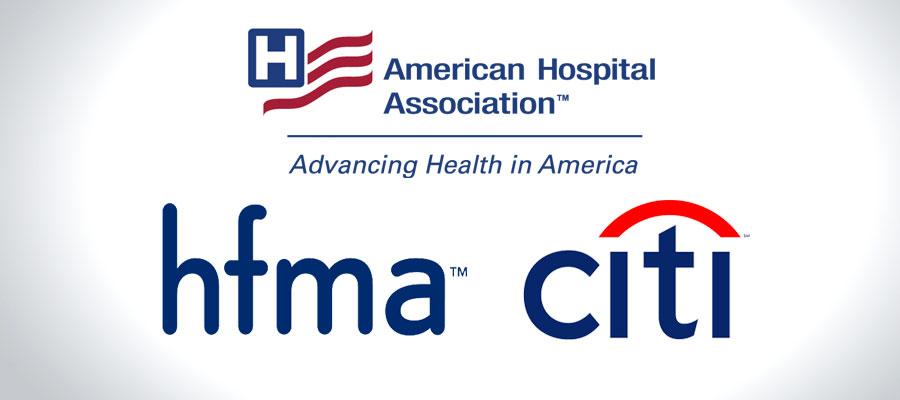Conference highlights how not-for-profit hospitals are transforming

The 20th Annual Not-for-Profit Health Care Investor Conference kicked off today in New York City, bringing together the leaders of not-for-profit hospitals and health systems and the financial community to highlight how hospitals are transforming and help ensure that they have the resources to continue providing essential services to their patients and communities.
The two-day conference, sponsored by AHA, Citi and the Healthcare Financial Management Association, provides an important opportunity for not-for-profit health systems to maintain a dialogue with investors and allows these systems to spotlight how they are evolving not just their organizations but health care more broadly in the communities they serve.
“Change is just what hospitals do—and have been doing—for far longer than any of us have been around,” said AHA President and CEO Rick Pollack at the conference’s opening session. “We know that there will always be changes we need to make to prepare for the future … and the financial community is helping us do it.”
Pollack outlined how hospitals are meeting the demands of today while innovating to meet the needs of tomorrow. “We all know that this a time of great change in health care,” he said. “But, it also presents us with an opportunity—perhaps the opportunity of a lifetime—to shape the future of health care so that our families, friends and neighbors receive the best care … We have the opportunity, and we’re seizing it.”
In a keynote conversation with Citigroup Managing Director Jim Molloy, Kaiser Permanente Chairman and CEO Bernard Tyson discussed his system’s ongoing evolution, as well as its work to address the social determinants of health in the communities it serves.
“What’s the ecosystem of health a person needs to have around them to maximize their healthy years?” Tyson asked. “There are many communities around the country that don’t have the infrastructure in place.” He described how Kaiser Permanente two years ago created the position of chief community health officer within its system and is working with partners to address critical issues such as housing insecurity, violence, food insecurity and loneliness in its communities. In addition, he stressed the urgency of integrating behavioral and physical health care for total health.
In a special panel discussion, leaders from Purpose Built Communities, the Low Income Investment Fund, Build Health Places Network and CommonSpirit Health also shared how new risk-based models, novel partnerships and community development investments are helping to tackle the social determinants of health. Panelists described how hospitals and health systems have partnered with others to address community needs related to housing, transportation, education and workforce development, among other issues.

